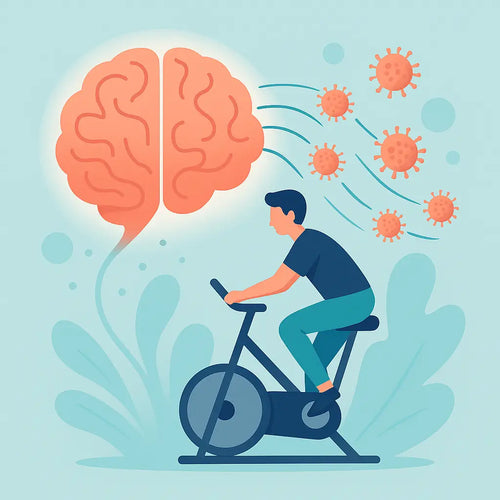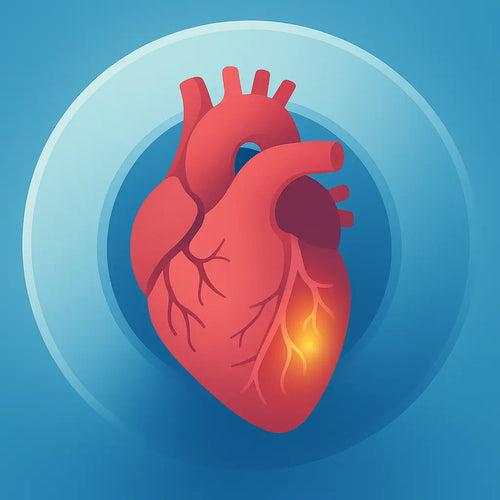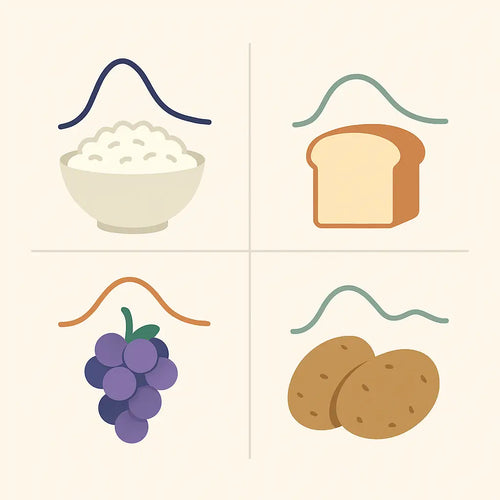Stress does not affect everybody the same.
Most people don’t feel good when they are exposed to stress, and experience a decline in their health and performance.
However, not everybody will experience these negative effects of stress.
In this research psychological hardiness and resilience, and it’s effect on cardiovascular risk factors were investigated (Batone PT, et al. 2016).
The participants were 338 middle-aged adults and these were the results.
High hardiness was related to higher high density lipoprotein (HDL) and less body fat.
High HDL levels are considered to be protective against cardiovascular disease.
Lower hardiness was associated with higher total cholesterol to HDL ratio which is a risk factor for cardiovascular disease.
Even if we are exposed to more stress at certain times, stress is a part of life.
Knowing that, it makes sense to do what you can to be more stress resistant.
The good news is that you can learn to be more stress resistant.
One way is to start to meditate regularly.
When you have an effective and well proven method, it’s just a matter of practice.
It’s well worth it.
Bartone PT1,2, Valdes JJ1, Sandvik A3,4. Psychological hardiness predicts cardiovascular health. Psychol Health Med. 2016 Sep;21(6):743-9. doi: 10.1080/13548506.2015.1120323. Epub 2015 Dec 11.

From Stressed to Relaxed in 60 Seconds
You will learn:
- How to implement acupuncture knowledge and affect the vagus nerve in seconds.
- What to do to literally feel more relaxed and also feel less pain and stiffness in your neck in just 60 seconds
How to create lasting results and be more stress resistant.
- How to train your mind so you are in control of how you feel instead of letting other people or situations control you.









